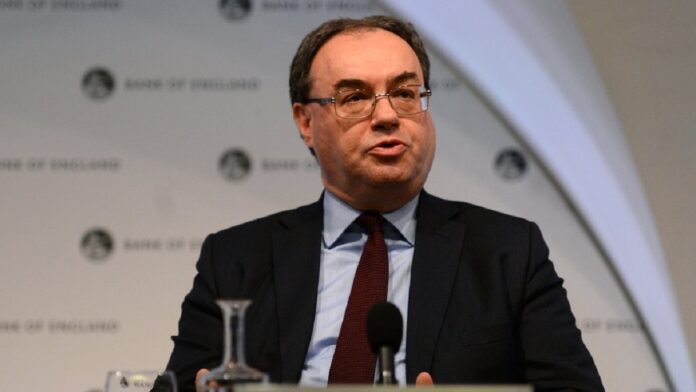Bank of England Books Biggest Rate Hike in 27 Years
Bank of England (BoE) Thursday raised its key interest rate by 50 basis points to 1.75%, the biggest in 27 years amidst expectation that the economy would hit an iceberg in the fourth quarter of 2022 amidst a rising inflation rate.
This sixth rate hike in the current cycle was the largest so far and the biggest since 1995. The vote was a clear 8 to 1 with only one member preferring a smaller step of 25 basis points.
The reason for the sharp hike was increasing inflationary pressure, Commerzbank said in a note to clients. According to the BoE, the labour market remained tight and domestic cost and price pressures were high. The central bank now forecasted inflation to peak at 13% in the fall. READ: UK Inflation to Rise Sharply for Next Six Months, Says Fitch
There was a risk that a longer period of externally generated price inflation will lead to more enduring domestic price and wage pressures. Inflation concerns obviously outweighed the economic slowdown — the BoE expected a recession in the United Kingdom from Q4.
The BoE would take the necessary decisions to bring inflation back to the 2% target, it said. In doing so, the Monetary Policy Committee (MPC) will be particularly alert to indications of more persistent inflationary pressures and will if necessary act forcefully in response.
In Commerzbank’s assessment, the interest rate hikes so far hadn’t been sufficient to get inflation under control. At 1.75%, the bank rate had probably not even reached the “neutral level” at which the economy was neither boosted nor dampened.
As a consequence, the bank continued to expect further interest rate hikes to 2.75% by early 2023. However, following the most recent sharp tightening and against the backdrop of the weaker economy, Commerzbank believe it was likely that the next meeting in September will see another smaller step of 25 basis points.
Since February, maturing bonds in the Asset Purchase Facility (APF) — the depository that held the securities acquired under quantitative easing (QE) — had no longer been replaced. As a result, the APF had already shrunk by around GBP30 billion to GBP863 billion.
Based on a study by its staff, the BoE Thursday published outlines for securities sales to accelerate the reduction of its bloated balance sheet. Depending on market conditions, a start of active sales from APF holdings was envisaged for a date shortly after the BoE’s September meeting.
The BoE aimed to reduce its holdings of UK government bonds by GBP80 billion in the 12 months following the launch of the sales program. Taking into account the maturity profile of the portfolio, this would require sales of GBP10 billion per quarter, pointed out Commerzbank. #Bank of England Books Biggest Rate Hike in 27 Years












